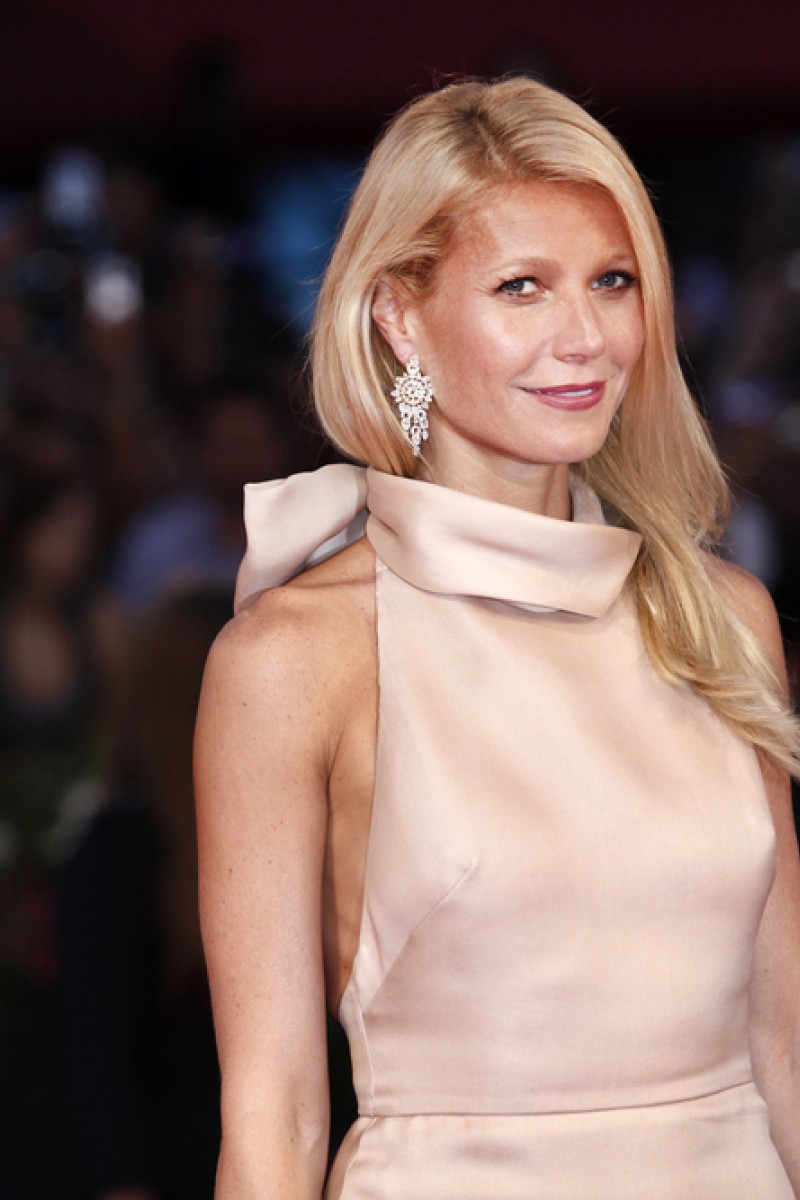
Social media etiquette: Always ask before you post a picture of your child (or parent) online
US actress Gwyneth Paltrow recently sparked an online debate after posting a photo featuring her 14-year-old daughter on Instagram

 Gwyneth Paltrow shared a photo of her daughter.
Gwyneth Paltrow shared a photo of her daughter. Just like any mother who loves to share happy moments spent with her children, US actress Gwyneth Paltrow recently posted a picture featuring her 14-year-old daughter, Apple Martin, on her Instagram page. This seemingly ordinary act ended up sparking an online debate about privacy when Apple commented on the photo, saying: “Mom we have discussed this. You may not post anything without my consent.”
While it may have been an inside joke, or just another comment made by a teenager who doesn’t like how they look in a certain photo, the discussion quickly turned serious when internet users shared their thoughts.
Do parents need to ask for their children’s consent when posting about them online? And as a public figure with 6.2 million followers on Instagram, does Gwyneth Paltrow have a greater responsibility to protect her children’s identities? Many criticised Paltrow for not respecting her daughter’s wishes, especially since it appeared Apple had expressed her discomfort before.
While parents should listen to their children’s concerns and perhaps take down a photo if they are unhappy about it, it is hard to define when a parent needs to ask for permission.
Some family vloggers capture the daily lives of their children and post them on YouTube. However, it is clear that these children are too young to understand the complexity of social media, let alone be able to give permission. Even if they agree to being filmed, it is hard to tell whether they are truly aware of the impact of these videos being published on the internet.
On the other hand, many people share photos with their parents on social media to celebrate Mother’s Day and Father’s Day, and it is very likely that some of those parents might not even be aware of how the online world works. Shouldn’t they also be consulted first? It is unfair that their privacy is sacrificed just so their children can tell their followers how much they love their parents.
When ordinary teenagers already have so many insecurities, it is easy to see why children of public figures, such as Apple, would not want to be in the public eye. As we know, the internet is not the friendliest place in the world, and there are always online trolls waiting to cause distress.
Moreover, just as actress Kristen Bell pointed out recently, children of celebrities have a higher risk of being stalked by strangers. Therefore, to protect their safety, Bell limits her children’s exposure by using emojis to block their faces.
At the end of the day, perhaps people should always take care whenever they post images or videos of other people online. Be respectful of people’s wishes and never post something if you were explicitly told not to do so.
And when in doubt, just ask! A simple question can definitely make everyone more comfortable.
Edited by Charlotte Ames-Ettridge
You might also like:
